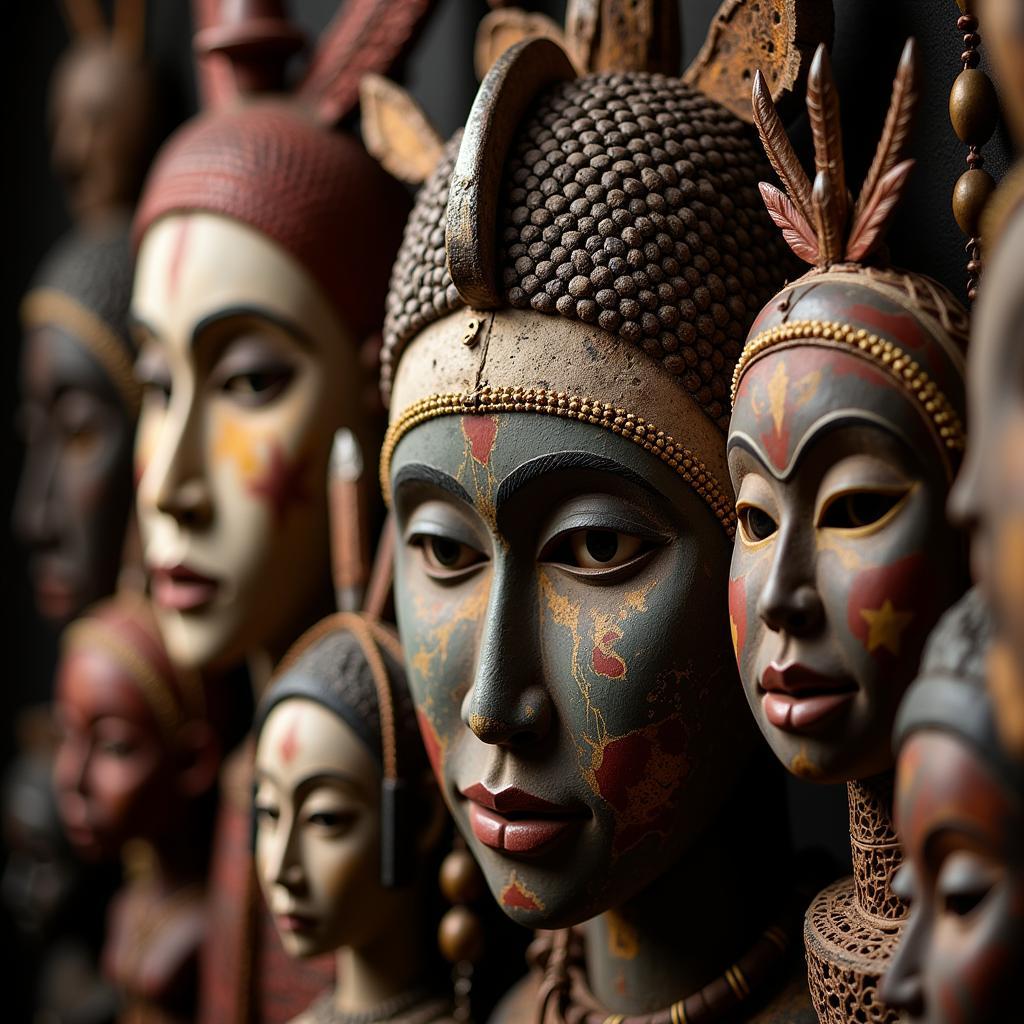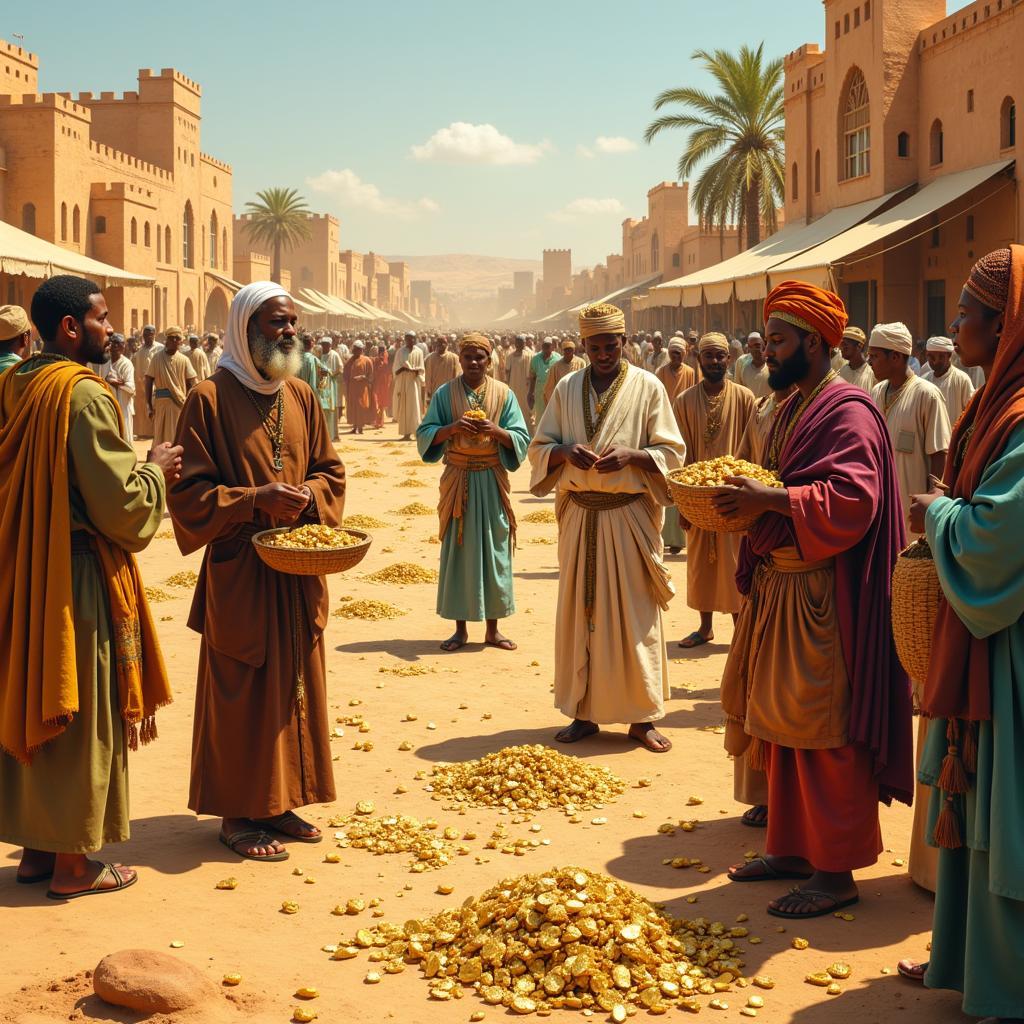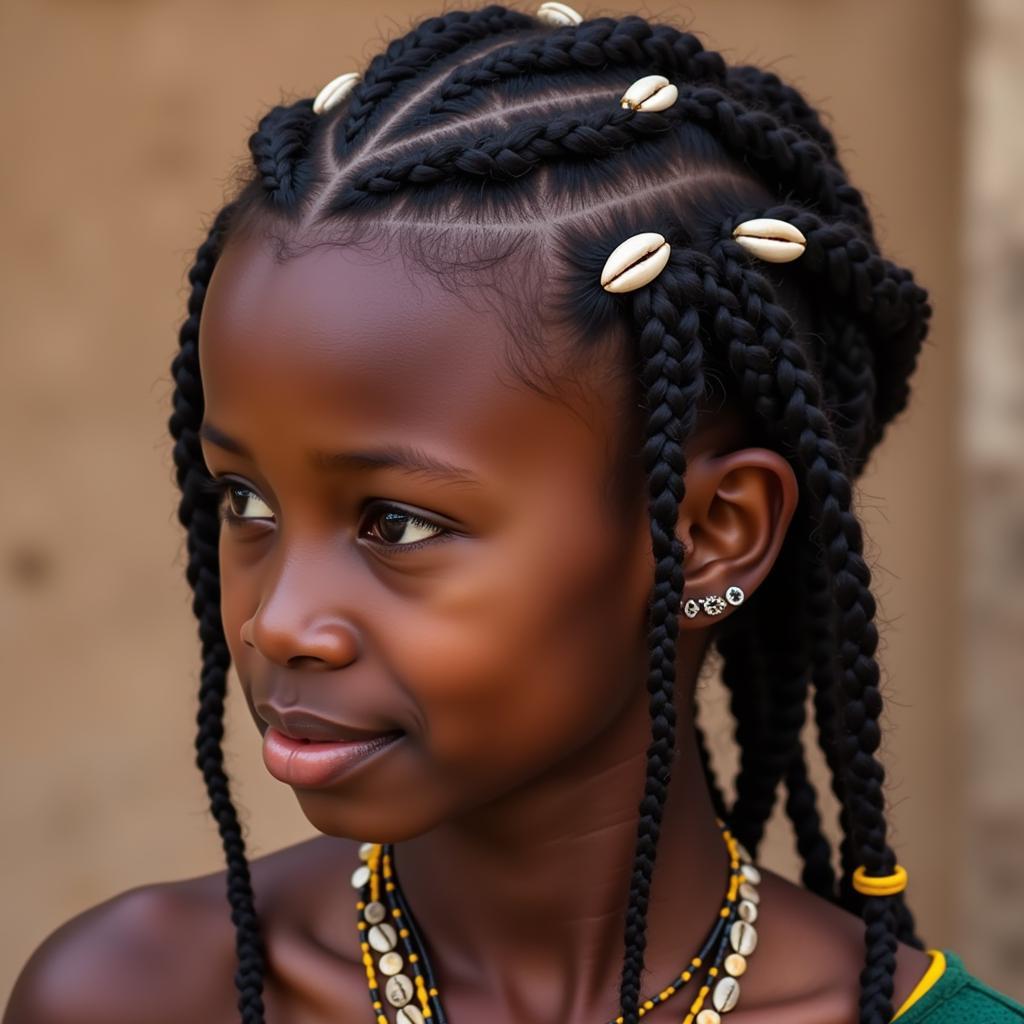African American Militancy: A Journey for Equality and Justice
African American Militancy represents a complex and multifaceted aspect of the Black experience in the United States. It encompasses a range of ideologies, strategies, and tactics employed by African Americans to combat systemic racism, oppression, and violence. From the earliest days of slavery to the modern Black Lives Matter movement, the struggle for equality and justice has taken many forms.
Roots of Resistance: Early Forms of Militancy
Militancy within the African American community did not emerge in a vacuum. It was born out of centuries of enslavement, followed by decades of Jim Crow segregation and pervasive discrimination. Resistance took various forms during slavery, from individual acts of defiance like sabotage and escape, to organized rebellions like the Stono Rebellion of 1739 and Nat Turner’s Rebellion in 1831. These acts of resistance, while often met with brutal reprisals, demonstrated the unwavering desire for freedom and self-determination.
The Rise of Black Nationalism and Self-Defense
The late 19th and early 20th centuries saw the rise of prominent Black leaders who advocated for self-reliance and racial pride. Figures like Booker T. Washington championed economic empowerment, while W.E.B. Du Bois emphasized political activism and intellectualism. Marcus Garvey’s pan-Africanist movement in the 1920s urged Black Americans to return to Africa and establish their own nation. This era also saw the formation of self-defense organizations like the Deacons for Defense and Justice in the 1960s, formed to protect civil rights workers from white supremacist violence.
The Black Power Movement: Redefining Liberation
The Civil Rights Movement of the 1950s and 1960s, with its emphasis on nonviolent resistance, achieved significant legal victories like the Civil Rights Act of 1964 and the Voting Rights Act of 1965. However, these achievements did not address the deeply ingrained economic and social inequalities faced by Black Americans. The Black Power Movement emerged in the mid-to-late 1960s, challenging the nonviolent approach and demanding more radical and immediate change.
Organizations like the Black Panther Party for Self-Defense, founded in 1966, advocated for armed self-defense, community control of institutions, and economic empowerment. They ran social programs like free breakfast programs for children and challenged police brutality. While often demonized by the media and targeted by the FBI’s COINTELPRO program, the Black Panther Party and the broader Black Power Movement left a lasting legacy, inspiring a generation to fight for Black liberation and self-determination.
African American Militancy Today: Continuing the Struggle
The fight for racial justice continues today, as evidenced by the Black Lives Matter movement, which gained international attention following the death of Trayvon Martin in 2012 and the subsequent killings of other unarmed Black men and women. This movement utilizes social media, protests, and direct action to challenge police brutality, mass incarceration, and systemic racism.
African American militancy has evolved over time, reflecting the changing sociopolitical landscape and the ongoing struggle for equality. While its tactics and expressions have varied, its core principles remain: self-determination, self-respect, and a commitment to dismantling systems of oppression. Understanding the history and evolution of African American militancy is essential for comprehending the complexities of race relations in the United States and the ongoing fight for racial justice.



